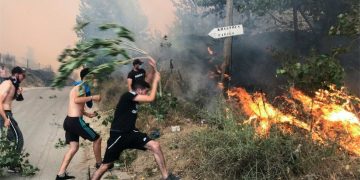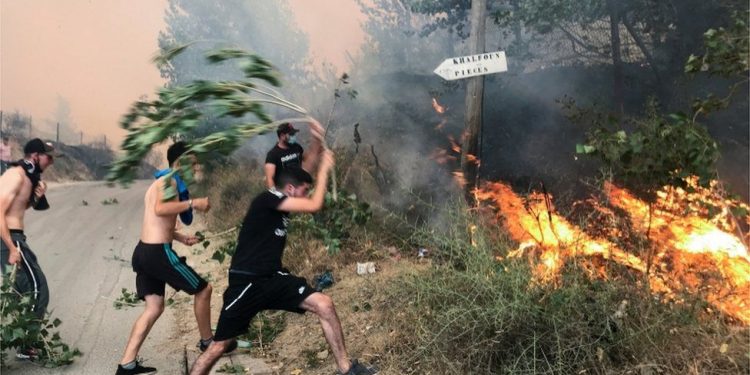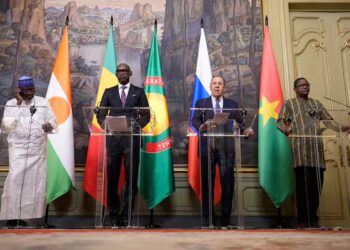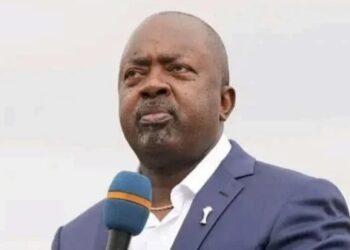By Hannatu Sadiq
Algeria has arrested 22 people suspected to be behind the most devastating wildfires in the country’s history that killed 69 people.
Mountainous areas in northern Algeria have been affected by dozens of forest fires since Monday.
“Some fires have been caused by high temperatures but criminal hands were behind most of them,” President Abdelmadjid Tebboune said in a live speech on state television on Thursday.
“We have arrested 22 suspects, including 11 in Tizi Ouzou. Justice will perform its duty.”
“It’s a disaster … disaster. But our strength will not collapse,” Tebboune said, praising aid caravans from other provinces to provide affected regions with food, medicine and donations of other material.
“We must preserve national unity … I insist on national unity,” he added.
At least 28 soldiers were among the dead as the North African country deployed the army to help fire-fighters contain blazes that ravaged houses in forested areas.
Algerian authorities have struggled to contain the fires which have since spread to several other provinces.
“The government did send out several different helicopters to fight these fires but these helicopters are only equipped with bambi buckets which have a capacity of a thousand liters,” said Maher Mezahi, a journalist in Tizi Ouzou.
“They’ve called on the European Union to send over some fire fighting aircrafts. France sent over two yesterday and those have a capacity of six to seven thousand liters and they’ve been a lot more effective in fighting these fires that are in very difficult places.”
Tebboune said two other planes from Spain were expected on Friday and another from Switzerland on Saturday. He added that a “solidarity fund” will provide some financial aid to families affected by the fires, which have destroyed homes, olive groves and animals that provide livelihoods in the region.
Prime Minister Aimene Benabderrahmane, who visited Tizi Ouzou on Thursday, the regional capital of Kabylie, said “for the moment, the most important is to extinguish the fires and above all, to take care of the population”.




































